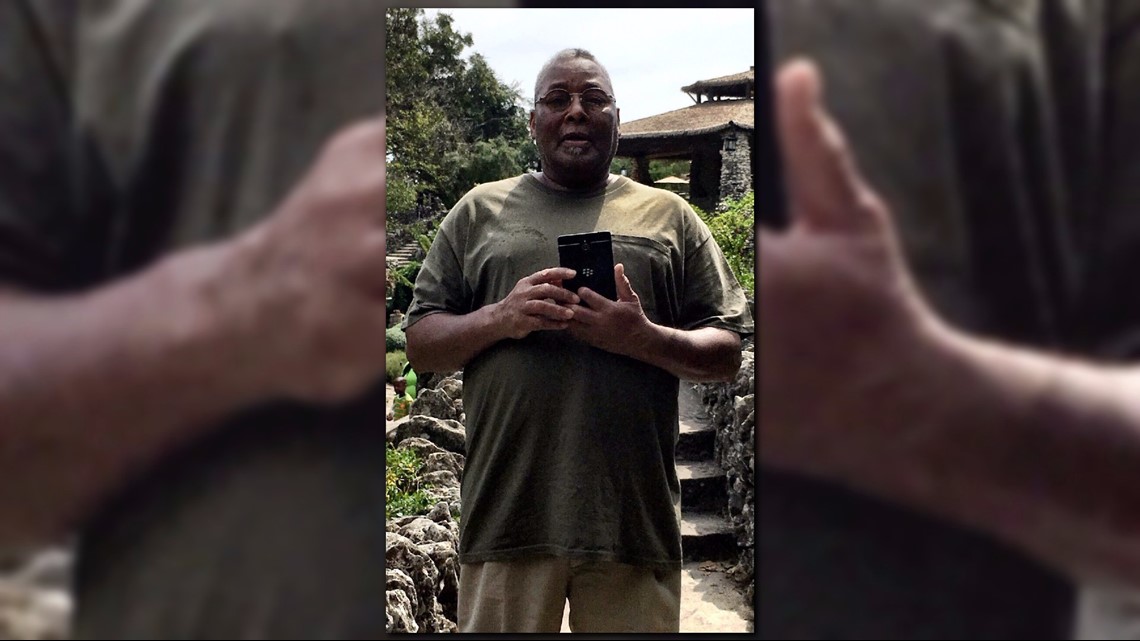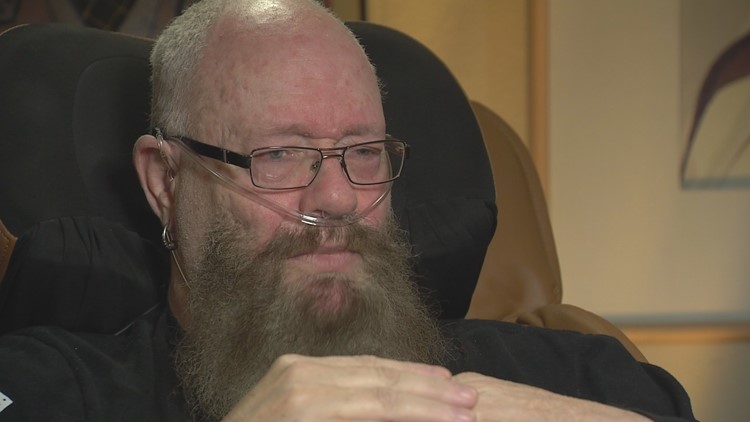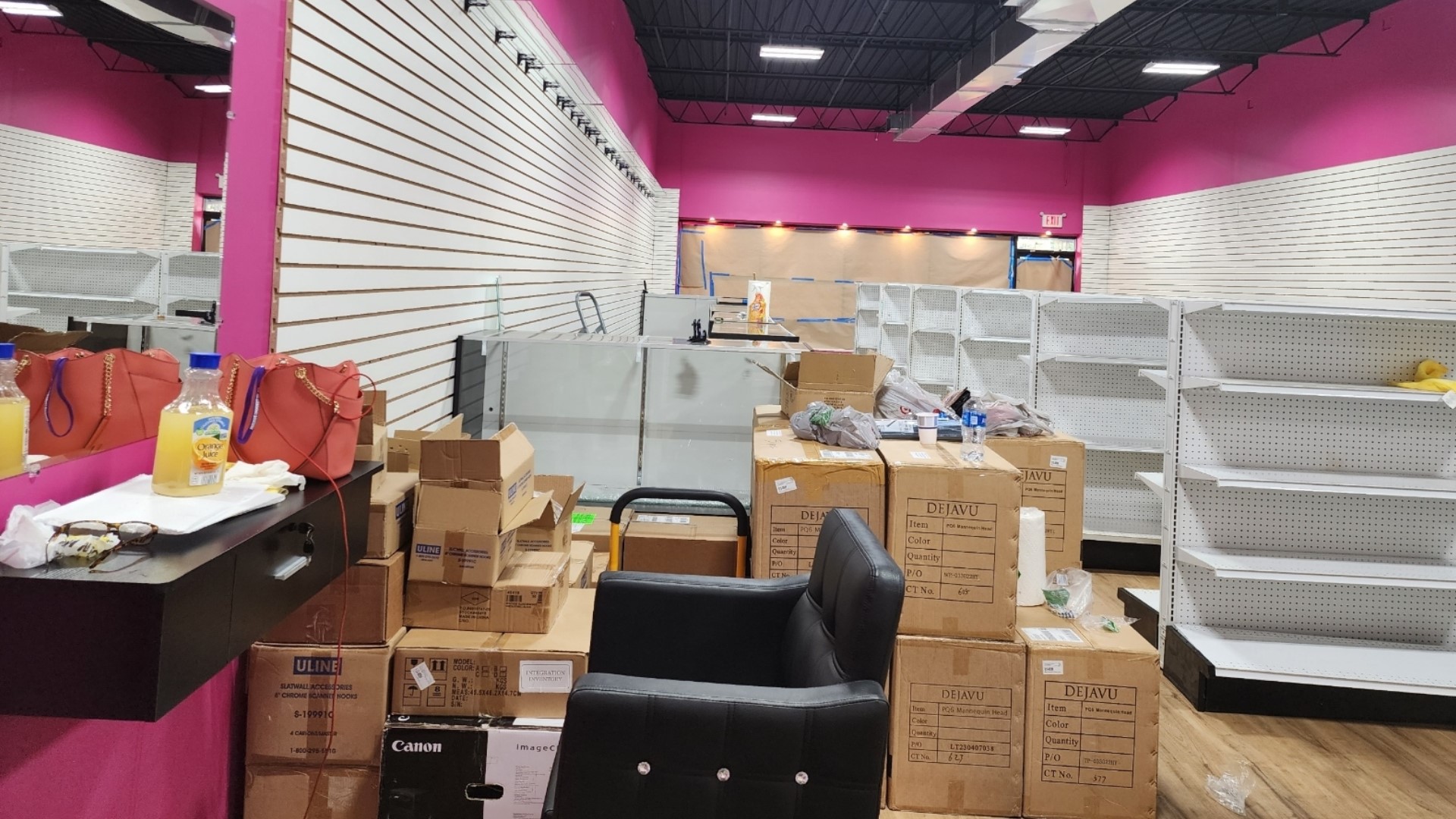Nearly five months after an 11Alive investigation exposed problems with a federal organ transplant program, veterans across the country continue to complain about the distance they’re forced to travel for live-saving operations.
After the Investigators broke the story in August, it appeared the Department of Veterans Affairs planned to help at least some veterans. As 11Alive Investigator Andy Pierrotti explains, many veterans still face obstacles seeking transplants.
PREVIOUS | VA denies veteran's perfect kidney match
One of those veterans includes Eugene Cypress.
He’s recovering from leukemia after a bone marrow stem cell transplant at a VA hospital in San Antonio. Cypress served in Vietnam and believes agent orange used in the war contributed to his cancer.
Cypress lives in New Orleans, but the VA required the Marine veteran to travel 544 miles to San Antonio for the transplant.


For months, his sister, Lisa Cypress flew, from Atlanta to San Antonio to take care of him.
“I was really upset about that," Lisa, an Atlanta nurse, told 11Alive. "I felt like if you’re going to try to help someone who suffered this injury due to serving their country, why wouldn’t you make it as convenient to them as possible or the best place possible.”
While the veteran appreciates the agency’s help and care, he would have rather received his transplant at a hospital in New Orleans.
“It’s stressful to be taken out of your comfort zone and out of your environment, put in a situation where you’re put in a hotel and an unfamiliar place,” Eugene said.
Over the past year, the 11Alive Investigators found veterans in Atlanta, Minneapolis, Austin, San Antonio and California denied transplants or forced to travel thousands of miles for operations.
The VA will only pay for transplants if veterans use one of its 13 approved VA transplant centers.
David Brayton, an Air Force veteran in California, thinks VA should pay local hospitals to perform transplants.
Brayton has a terminal lung disease. "My lungs are hardening right now," he said. "They're effectively turning into rock."
Instead of paying for his transplant at one of two nationally ranked hospitals near his L.A. home, the VA told Brayton and his wife they’ll have to travel one of two VA transplant centers --1,200 miles away to Seattle or 2,000 miles to Madison Wisconsin.
“It makes no sense at any level to have to move 2,000 away," Brayton said in an interview with KNBC. "Logically, it’s just insane to me.”
Dr. David Goldberg co-authored a university of Pennsylvania study which found there’s a “greater risk among veterans living farthest from designated VA transplant centers.”
"Veterans that were more than 100 miles away from the closest transplant center are disadvantaged. They have less access to lifesaving transplants, which directly then correlates to a higher chance of dying,” said Goldberg in an interview with 11Alive.
In September, the VA’s national director of surgery, Dr. William Gunnar, defended the transplant policy. He claims the study his agency conducted, but isn’t releasing to yet, found distance doesn’t matter.
“Regardless of where you live -- across the street or 500 miles away -- there was no difference in the time difference to transplant,” Gunnar said.
Lisa Cypress does by it. “I don’t. I don’t think the stress of all of this is any good for anyone undergoing this type of therapy," she said. "It’s stressful enough having cancer and being afraid and thinking I could be gone and it might not work. Just the treatment alone is devastating and dangerous.”
After 11Alive's interview with the director, the VA’s transplant policies remain largely in place. In September, it first appeared that the VA would start implementing changes. Then, according to a VA transplant supervisor-turned-whistleblower in San Antonio, the agency agreed to pay local hospitals to perform transplants for a few veterans.
A few weeks later, the agency changed its mind.
In November, a VA whistleblower in Texas met with lawmakers to discuss the agency’s policy and how it impacts veterans.
The San Antonio VA transplant supervisor is now negotiating with local hospitals to perform transplants. That’s not set in stone and it would not be implemented nationally if it happens.



